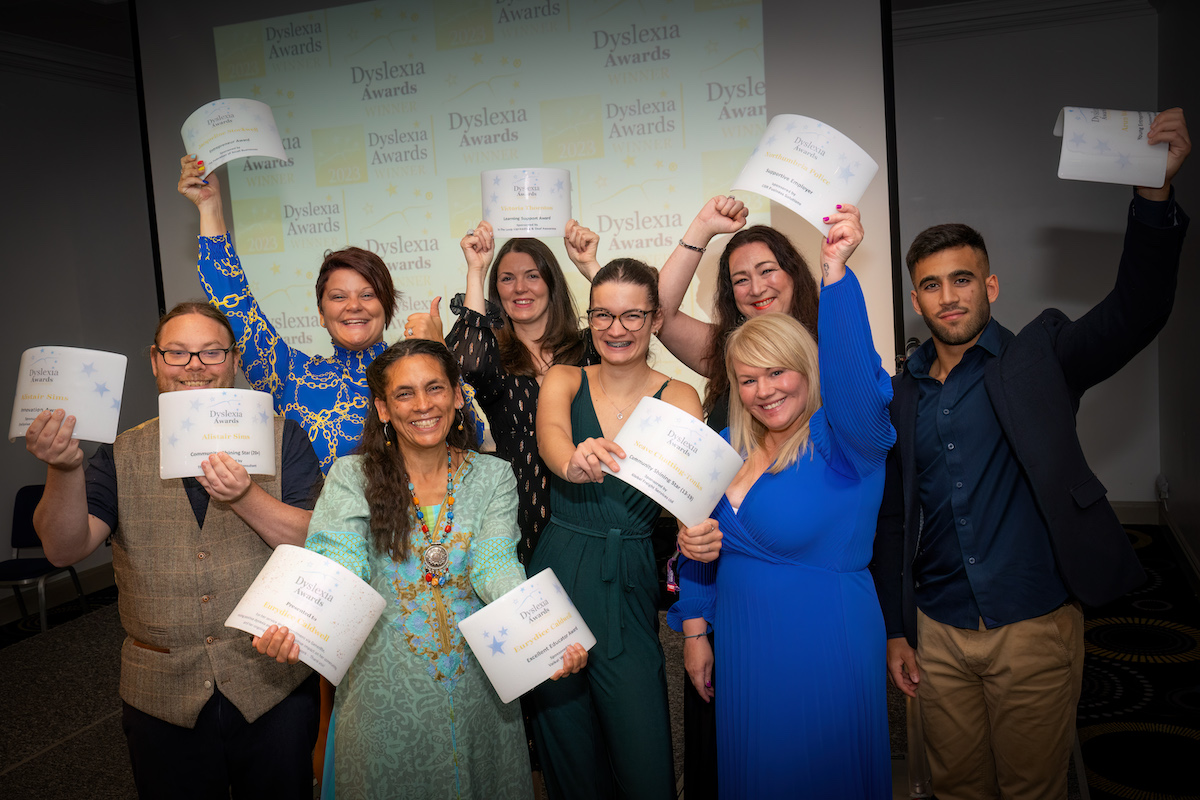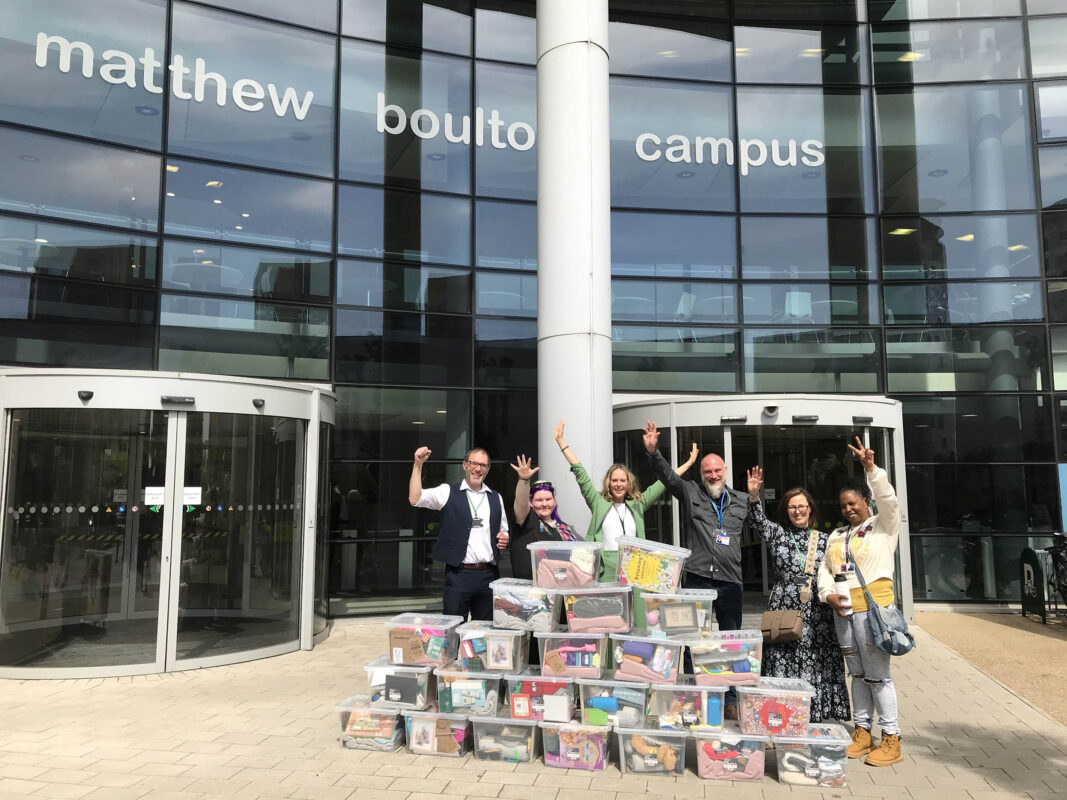Collaborating for climate action across FE and Skills

At the Society for Education and Training’s SET24 conference in January, Jane Chillingworth and Jenny Willis co-delivered a breakout session entitled ‘Transformation through Climate Conversations’. Ahead of Earth Day, they share their reflections on the session, and on wider efforts to embed sustainability across the Further Education and Skills sector.
Over the past few years, more and more organisations, practitioners and support staff across Further Education (FE) and Skills have joined efforts to embed sustainability across the sector. Collaboration has been a powerful driver of action. Jane Chillingworth, Curriculum Lead – Creative Industries at Adult Community Learning Essex, and Jenny Willis, Advanced Quality Practitioner at Heart of Worcestershire College, have both been advocates for, and enablers of, such collaboration, including through the SustainFE community, which Jane co-founded in 2022.
Jane and Jenny, alongside Rachel Leech and Sasha Beswick, delivered a breakout session on education for sustainable development (ESD) at SET24 – the annual conference held by the Education and Training Foundation’s (ETF) professional membership body, the Society for Education and Training (SET). Here, they share their reflections on that session, and on how collaboration is supporting sustainability efforts across the sector.
Getting started on sustainability
Jenny is clear about the core aim behind the ‘Climate conversations’ breakout session at SET24: “We wanted delegates to understand that you don’t need to be an expert to get started on this work. We cannot be experts in everything – but that shouldn’t stop us from taking action.”
Jane agrees: “It can be daunting for practitioners who feel they need in-depth knowledge before they embed it into their lesson. But there are so many ways you can embed sustainability. We wanted to provide a start-to-finish approach to help people understand what they can do, why and how.”
Often people know more than they realise, Jenny explains. “Many of us are dual professionals in FE,” she says. “So maybe you’re not an expert in climate science, but if you’re a plumber, for example, you’re probably an expert in heating and insulation, so you bring that knowledge with you.”
Signposting to resources was a key part of supporting delegates’ ongoing journey. “Resources are one of the most daunting things for time-poor practitioners, because the sheer volume of information can be overwhelming,” Jane says. “We provided a selection of resources to get people started, including EAUC’s Green Careers Guide and UNESCO’s ESD objectives.”
Jenny adds: “We shared links for people to dig deeper where they wanted to. At SustainFE, we also curate and update a Padlet of resources to help people sift through what’s available and decide how best to upskill.”
Action through conversations
Jane and Jenny both emphasise their aim to start conversations about sustainability. “The organisations where we see things really moving forward,” Jane says, “are the ones where those conversations are coming from all directions, at all levels, and meeting in the middle – providing an impetus to drive sustainability across the whole organisation.”
“Often, people ask us where they should start,” Jane continues. “They think they’re the only one in their organisation thinking about this, but that’s rarely true. Usually, it’s because those conversations haven’t taken place yet.”
Jenny agrees: “That’s part of the joy of doing these sessions, and also of the SustainFE community: it’s enabling people to have those conversations. The range of people who are part of the community means those with more experience support people who are starting their journey.”
Spaces for collaboration
Alongside communities such as SustainFE, which meets six times per academic year, and ESD CPD courses such as those delivered by ETF and EAUC, events like SET conference provide a chance for sector professionals to meet face to face and make connections.
Jenny says: “In FE, we often work in silo. SET conference was a fantastic opportunity to network and hear about what other people are doing in colleges and providers across the country. It gave me a real buzz, and a feeling that lots of us are working towards sustainability as a goal. The same things I love about SustainFE came through at SET24; it felt anti-competitive, pro-collaboration and really positive.”
Jane adds: “Jenny and I are both involved in several groups across the sector, a lot of which have been online. Many representatives of those groups met at SET conference, which resulted in lots of connecting up and collaboration. Following SET24, we have AmplifyFE coming to do a talk for SustainFE , and we’ve been able to join up with the Green Change Makers at Fircroft College as well.”
FE at the heart of sustainability
What role does FE and Skills play in the journey to sustainability?
“The FE sector interacts with people who are just starting their careers – or with adult education, who are already in their careers – and those people have an opportunity to influence,” Jane says. “Specific green job roles, like engineering and retrofit, are important. But we also need to embed green values, skills and knowledge across all jobs and skills. FE has the capacity to make a huge impact.”
Jenny agrees: “FE is really well-positioned to do this work. As we transition to a greener economy, jobs will disappear. That means people losing their livelihoods, and they will come to FE to retrain. Our sector equips learners, whatever their age, to do the jobs that are being created now and in the future. If we’re not doing that with sustainability in mind, we’re only equipping learners for the past.”
Jane adds: “We’ve seen great examples of learners applying those skills, including asking employers on their work placements about sustainability practices and bringing those ideas back to the classroom for discussion. One SustainFE member introduced a sustainability module into an apprenticeship and one of the learners went on to instigate a policy change at their company, banning single use plastic bottles from the office.”
Taking action on Earth Day
Jane explains how Earth Day provides an opportunity to ignite conversations with her colleagues: “In the run up to the event, I’ve had so many conversations with colleagues that I wouldn’t otherwise have had, and all departments getting involved. Our hair and beauty department just joined up with the Green Salon Collective, so they’re now collecting hair that will be used to soak up oil spills, for example.”
Jenny explains how other dates throughout the year can be used to initiate action and conversations: “At Heart of Worcestershire College, we focused on sustainability in Careers Week in March. More than anything, it was an opportunity to join the dots so that everyone could see what other departments were doing.”
Jenny emphasises, again, how important it is to start those conversations and take those first steps: “Climate change, climate disaster and the biodiversity crisis can feel really overwhelming. And sometimes in response, we freeze. But focusing on hope and taking a step forwards, big or small, can make a real difference.”
Jane agrees, concluding: “Whatever steps you’re taking, you’re moving forward.”
By Jane Chillingworth, Curriculum Lead – Creative Industries at Adult Community Learning Essex, and Jenny Willis, Advanced Quality Practitioner at Heart of Worcestershire College











Responses